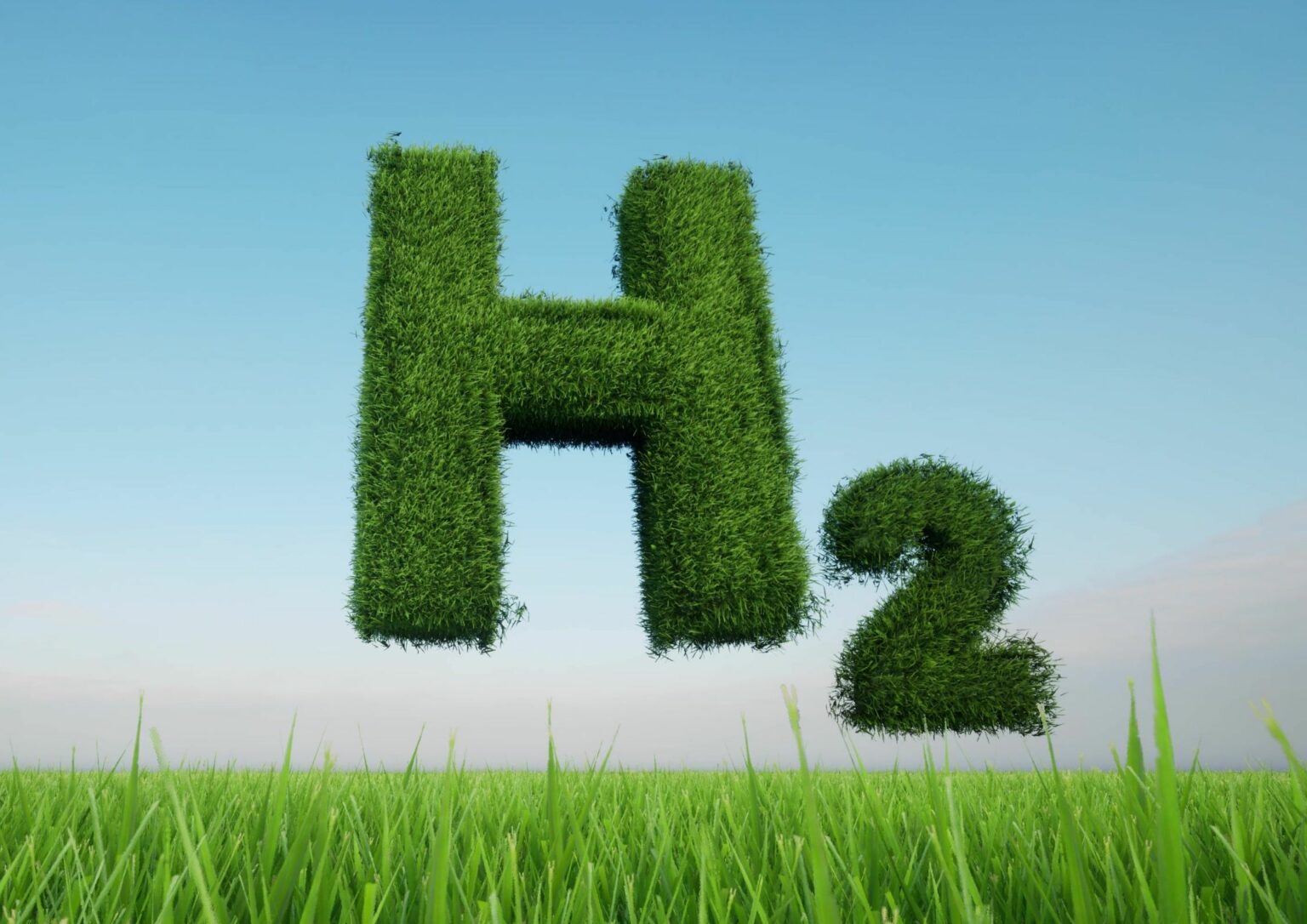Hydrogen, the most abundant element in the universe, is increasingly being viewed as the fuel of the future. And DNV, a global quality assurance and risk management company, is at the forefront of this energy revolution. The company is spearheading research on converting a city’s energy source from natural gas to 100% low-carbon hydrogen.
Compared to oil and coal, natural gas emits around 50% less carbon when burned. Yet, when hydrogen is combusted, there are zero emissions at the point of use.
The primary procedure for creating hydrogen from natural gas is steam-methane reforming (SMR). This method involves separating natural gas, primarily composed of methane, to produce hydrogen and carbon dioxide (CO2). The CO2 is then captured and transported for storage in depleted oil and gas fields via carbon capture and storage (CCS).
Such technology could boost the economic viability of existing gas infrastructure, making it more appealing in a world striving to decarbonize. In the UK, the Northern Gas Networks’ (NGN) H21 program is investigating and testing the feasibility of distributing hydrogen using current natural gas networks. If successful, this initiative would allow consumers to enjoy the benefits of gas, sans the carbon footprint.
The H21 program was developed from the H21 Leeds City Gate project, which proved it’s both technically and economically feasible to convert a large city’s natural





